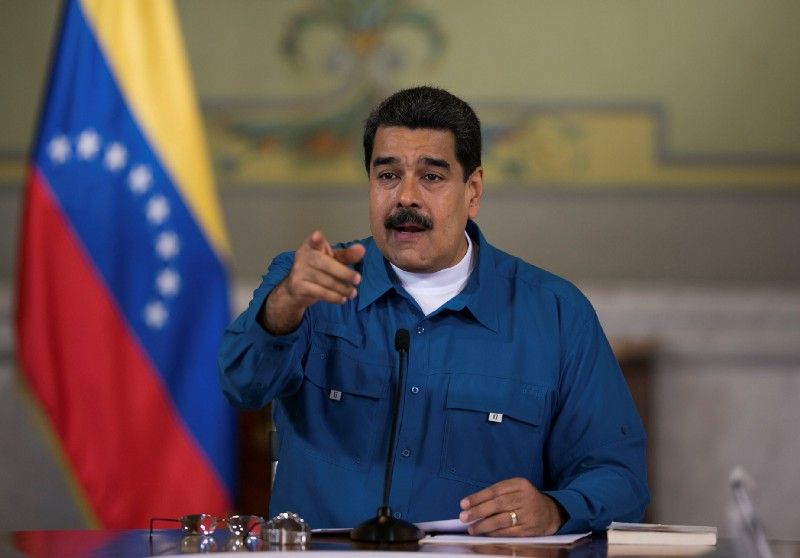February 27, 2018
From time to time we like to put you in the shoes of the key players in the stories we cover. Well, this time let’s take you to Venezuela. As Willis told you in last Friday’s Signal, the country’s fractious and beleaguered opposition has decided to boycott next month’s presidential election. They say it will be rigged, and most outside observers agree.
So let’s imagine you are the Venezuelan opposition: If you participate in a rigged election, you give a veneer of legitimacy to the result and dishearten your most fervent street protesters, but you can also point to your own votes afterwards as leverage for any future discussions with the government.
Now, if you boycott, you let the fraudulence of the election stand a little more nakedly — perhaps in the hope that this spurs outside powers to put more pressure on President Maduro — but you also forfeit any seat at the table afterwards.
¿Qué harías tu?
More For You
- YouTube
‘Godfather of AI’ Geoffrey Hinton talks with Ian Bremmer about why he believes advanced AI could surpass human intelligence and why creating AI with ‘maternal instincts’ might be humanity’s best chance at survival.
Most Popular
Behind every scam lies a story — and within every story, a critical lesson. Anatomy of a Scam, takes you inside the world of modern fraud — from investment schemes to impersonation and romance scams. You'll meet the investigators tracking down bad actors and learn about the innovative work being done across the payments ecosystem to protect consumers and businesses alike. Watch the first episode of Mastercard's five-part documentary, 'Anatomy of a Scam,' here.
Geoffrey Hinton, the ‘Godfather of AI,’ joins Ian Bremmer on the GZERO World podcast to talk about how the technology he helped build could transform our lives… and also threaten our very survival.
- YouTube
Is the AI jobs apocalypse upon us? On Ian Explains, Ian Bremmer breaks down the confusing indicators in today’s labor market and how both efficiency gains as well as displacement from AI will affect the global workforce.
© 2025 GZERO Media. All Rights Reserved | A Eurasia Group media company.
